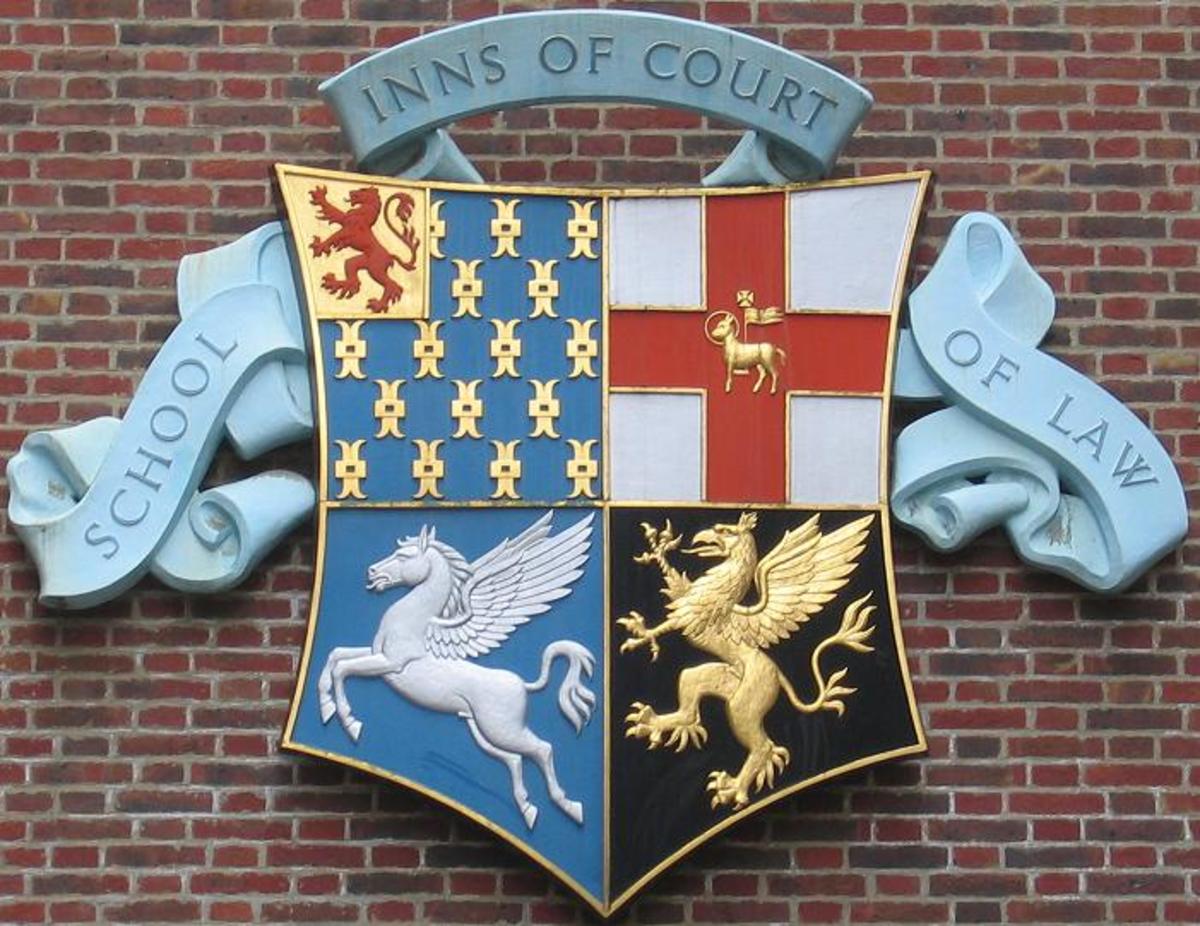What Happens to Your Home When You Die?

Home or property ownership is a right and a privilege in America. Yet it can also be a burden to relatives or heirs who outlive the owner. Most States require that an expensive and sometimes lengthy legal process called probate be conducted before the real property of a decedent can even be distributed to heirs. This means everything freezes in the meantime. The home cannot be sold. It cannot be rented out. It cannot be maintained until the heirs agree on related matters in probate court.
There are a few ways to avoid probate. One way is to set up a Trust which deeds the home to the Trust upon some condition such as the owner's death. Upon your death, the Trustee will be in charge of the property pursuant to the terms of the Trust. Or, some states have enacted legislation called Transfer on Death which allows the homeowner to transfer the deed automatically upon death. This is certainly the easiest and least expensive way if you happen to live in a State with Transfer on Death laws.

Pros and Cons of Transfer on Death Deeds
A Transfer on Death (TOD) Deed means exactly what it says - transferring real estate from one owner to another upon the owner’s death. It conveys property outright without the burden and expense of probate in much the same way as designating beneficiaries on a life insurance policy would. As simple as it is, only a handful of states now recognize it: Arizona, Arkansas, Colorado, Kansas, Minnesota, Missouri, Montana, Nevada, New Mexico, Ohio, Oklahoma, and Wisconsin.
TOD has had a slow evolution, in part driven by the fear that beneficiaries may attempt to coerce TOD from owners. But this fear is unfounded if it is the owner's last wishes to transfer the property anyway. Furthermore, a TOD can be revoked at any time during the owner’s life without consent or knowledge of the beneficiary. On the other hand, the commonly used survivorship deed is not revocable. In this instance, property must be deeded back to the original owner should the owner have a change of mind or need to handle the property contrary to the wishes of those the property was deeded to. Many unsuspecting homeowners have made this mistake and must then bear the expense of deeding the property back just to re-assume control.
Commonly Asked Questions About TOD Deeds:
What if There is More Than A Single Owner?
When multiple guarantors need to sign a TOD, they must agree on beneficiaries. If one or more of the guarantors die, then it is up to the surviving guarantors to agree to revoke or change beneficiaries. This leaves the judgment of several to the wishes of the remaining. For this reason, multiple-owner TOD is not advisable. One of the best uses of a TOD is the single parent who wishes to ensure a child inherits property outright. A married couple can execute a TOD, but both spouses must sign it regardless of which one “owns” the property. Also, you need to avoid TOD when there is a joint and survivorship deed in place, or the property may be stripped from the survivor.
What if There is a Mortgage or Lien on the Property?
If there is an outstanding mortgage, it will transfer with the property in a TOD. Additionally, a TOD cannot be used to avoid debt. Estate taxes may still be due, although some states do void deed taxes. The TOD will not avoid medical or other liens attached to the property. The beneficiary of a TOD must encumber the cost to transfer title, but this is far simpler than the probate process. The process to transfer title requires that the beneficiary prepare an Affidavit of Identity and Survivorship and a Medical Assistance Clearance (forms often available from the County). The forms should be filed in the County where the property is located. The beneficiary must also produce a certified death certificate and pay any administrative fees to record the transfer of title.
How to Decide if TOD is Right for You and Your Heirs?
Is TOD the right option for you? While a last will and testament designates beneficiaries, it doesn’t circumvent probate. When a will conveys property to beneficiaries in conflict with laws designed to protect spouses, or even when it doesn't, they are subject to probate. Like beneficiary designations for life insurance, a TOD is binding.
So if you live in the handful of states that allow TOD, ask yourself: 1) how quickly will the property create a financial drain for the beneficiary; 2) how much property do you have to convey; and 3) how many beneficiaries do you wish to convey your property to? If you live in a state that does not honor TODs, ask yourself if they would be worth taking the time to write your legislator about them?
At least ten U.S. States now allow transfer on death deeds:
- Ariz. Stat. §33-405(K)
- Ark. Stat. §18-12-608(h)
- Colo. Stat. §15-15-404
- Kans. Stat. §59-3502
- Minn. Stat. §507.071(24)
- Mont. Stat. §72-6-121(13)
- Nev. Stat. §111.109(6)
- N.M. Stat. §45-6-14 401(C)
- Ohio Code §5302.22(A)
- Okla. H.B. 2639 §3
Creating a Trust to Transfer Property
If you live in a state that does not honor TOD, a Trust can achieve the same objective. However, it is recommended that you use an attorney to prepare a trust. You can create living or other trusts online with services like Nolo.com but you will get a canned result, not a tailored result.
You can also transfer real estate via warranty or quitclaim deeds but these do not give you the right to re-claim your property like TOD. A retained life estate deed or some variation of one may also serve you well if you need to retain rights up until your death.
- What is Probate Court? - FindLaw
This section provides you with information and resources on probate courts and probate laws. To begin, please select one of the following: State Probate Courts







